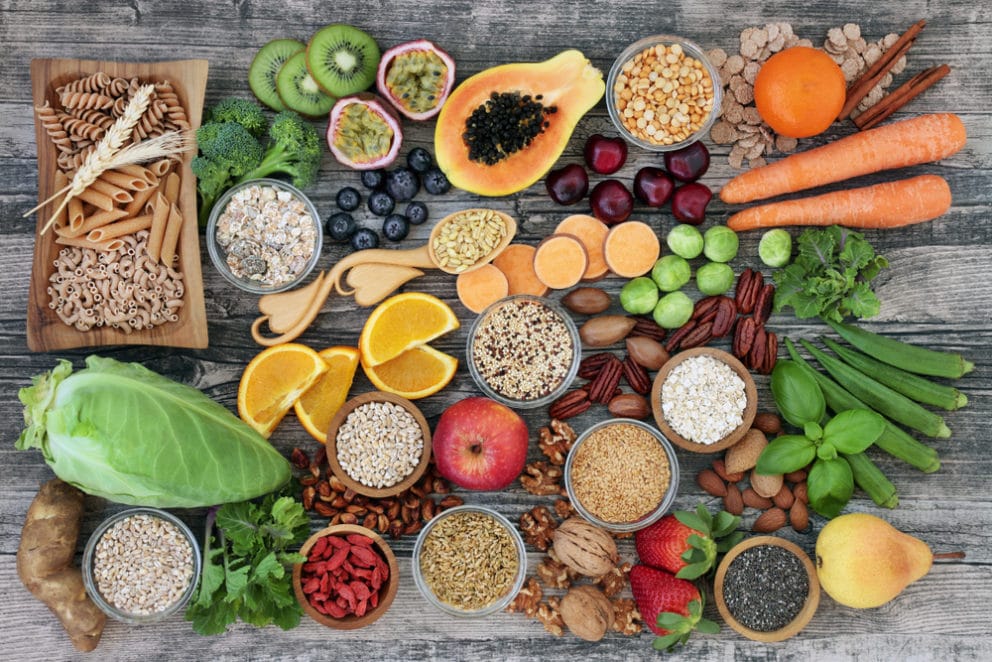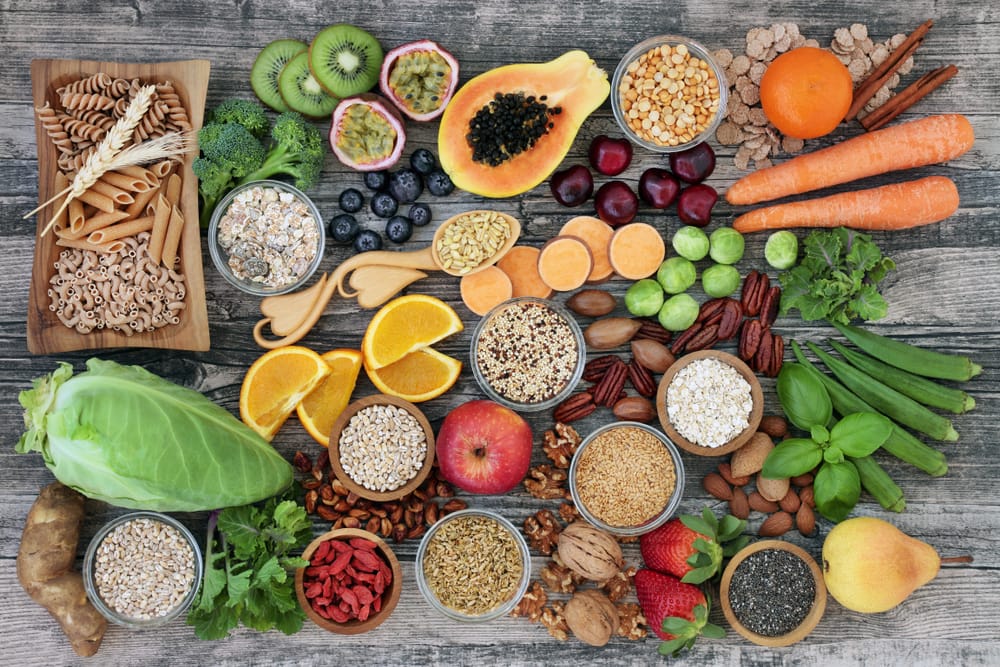We supply Glace fruit from Italy and Spain from Family owned companies who are BRC A grade approved as well as Halal and Kosher certified and also from France again BRC A grade approved and also Kosher and Halal certified.
Our Italian supplier is the oldest Glace fruit manufacturer in Italy producing the finest Mixed peel for Italian Panettone Bread for the Italian Christmas market which is also distributed all over the world.
Our RANGE Includes Glace cherries from Natural fruit flavoured to Amarena cherries suitable for that world famous Black Forrest Cake they can be Whole, Halves and diced AND IN MANY NATURAL COLOURS Ideal for cakes and puddings.
Our Range also includes Mixed Peel single and double cut, Orange pell, Lemon peel , Orange and Lemon slices, Orange and Lemon slices as well as whole fruits such Kiwi fruit, Pears, Melon, Oranges our range is unlimited and again from contracted farmers and juice suppliers.
We can pack from 100 grams to 10 kilo cases under own label and mixed to our customers own specification and pack size.
FAQ
How is glacé fruit made?
Sometimes referred to as candied fruit, glacé fruit is made by placing small pieces of fruit (or fruit peel) into a heated sugar syrup. This syrup draws the moisture from the fruit, ultimately preserving it in a shiny glaze.
Note that glacé fruit is slightly different from crystallised fruit, which is typically coated in sugar following the glazing process.
Are glacé cherries real cherries?
Yes, they are. Glace cherries can sometimes have a slightly unnatural look (due to the bright red food colouring which is often used), but they all start life as real, regular cherries with stones and stalks!
Is glacé fruit healthy?
Made from real fruit, there is some goodness in glacé fruit – but the syrup glaze means they are very high in sugar and calories, so should only be eaten in moderation. Regular dried fruit makes a far healthier snack.
What is halal and kosher glacé fruit?
At Kiril Mischeff, we can supply food manufacturers with Kosher and Halal certified glacé fruit. This certification is important for some manufacturers as many glacé fruits use E120 food colouring – which is extracted from cochineal, and therefore has an animal origin.
It’s also an important consideration for those looking to include glace cherries on a vegan or vegetarian product.
The question marks over E120 has lead to a rising demand for natural colour glace fruits – not just to adhere to vegan, Kosher or Halal based diets – but also in response to wider concerns over additives.
For those looking for glacé fruits with less E numbers, Kiril Mischeff can come up with the goods.

Candied Apricot

Candied Cherries


